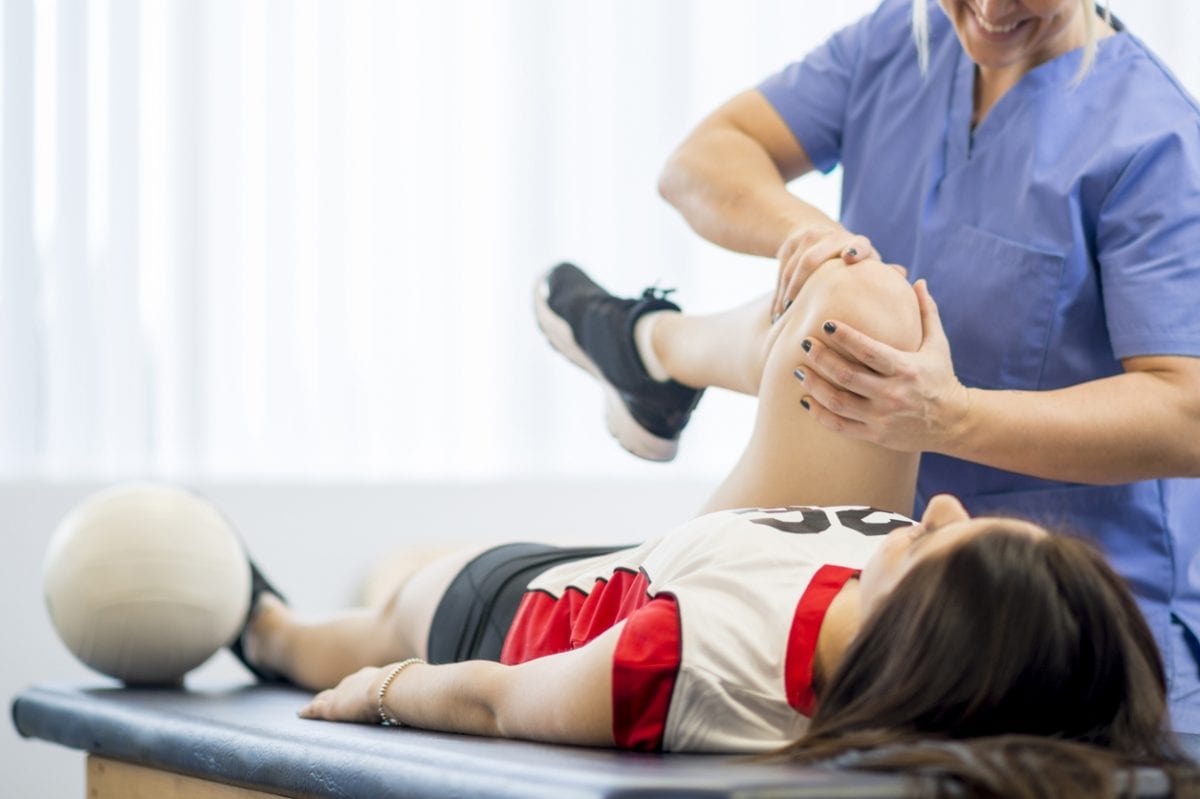Sports physicals are medical tests conducted to ascertain whether your physical condition is suitable for a certain sport. A Humble, TX physician assistant is indispensable when conducting a sport physical and is one of the people you will engage in the most during the procedure.
A sports physical will begin with measuring routine aspects such as your height, weight, blood pressure, and temperature. Once your vitals are established as good, the heart of the physical begins, and you are put through your paces.
The following are some things that are typically tested in sports physicals:
Aerobic Capacity
One of the most important tests in a sports physical is your lung health and capacity. Healthy lungs are crucial to performing physical activities so they need to be able to handle the stress when you are playing sports.
The tests of aerobic capacity will often include running which is a great way to get you breathing. However, there are other high-intensity exercises that can be used to test aerobic capacity.
The oxygen you inhale is what helps release energy to your muscles for you to be able to perform in your particular sport. Therefore, the higher your aerobic capacity, the better.
Strength
Another crucial aspect of the health of an athlete is their strength. Since they are performing much harder movements than usual, they need strong muscles to handle the extreme forces.
The hospital will usually use bodyweight tests to ascertain if you are strong enough to pass a sports physical. That is contrary to the fitness world where weighted exercises are usually used to test strength.
The stronger your muscles, the more protected your vulnerable body parts such as your joints are. That way you are able to jump higher, quickly change directions, and handle impact better depending on the sport you are playing.
Flexibility
Flexibility is defined as the ability to bend without breaking. When you are on a basketball court, a football field, or a boxing ring, flexibility is key to performing optimally.
The tests for flexibility will usually include trying to reach and bending in certain positions. More flexible people usually reach farther and bend more than less flexible people. Flexibility is a good indicator of the suppleness of muscles.
Depending on how flexible you are, the doctor will tell you how to increase your flexibility for your sport. Stretching is usually the recommendation if you want to improve your flexibility.
BMI
The most common parameter for health in the medical community is your Body Mass Index (BMI). Your health will be judged based on whether your BMI is above the recommended level or not.
The body mass index is calculated by dividing a person’s weight in kilograms by the square of their height in meters. A BMI of between 20 and 25 is considered to be healthy.
There are certain sports for which a BMI of above 25 may be acceptable, especially contact sports so you will still pass your sports physical. Your doctor will recommend a course of action if you either need to increase or reduce your BMI to pass your sports physical.








